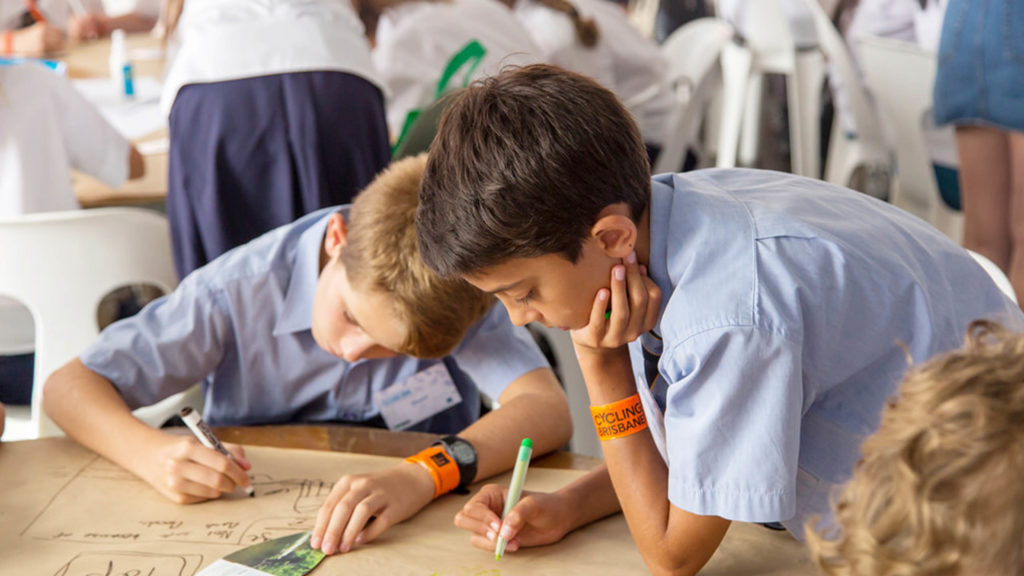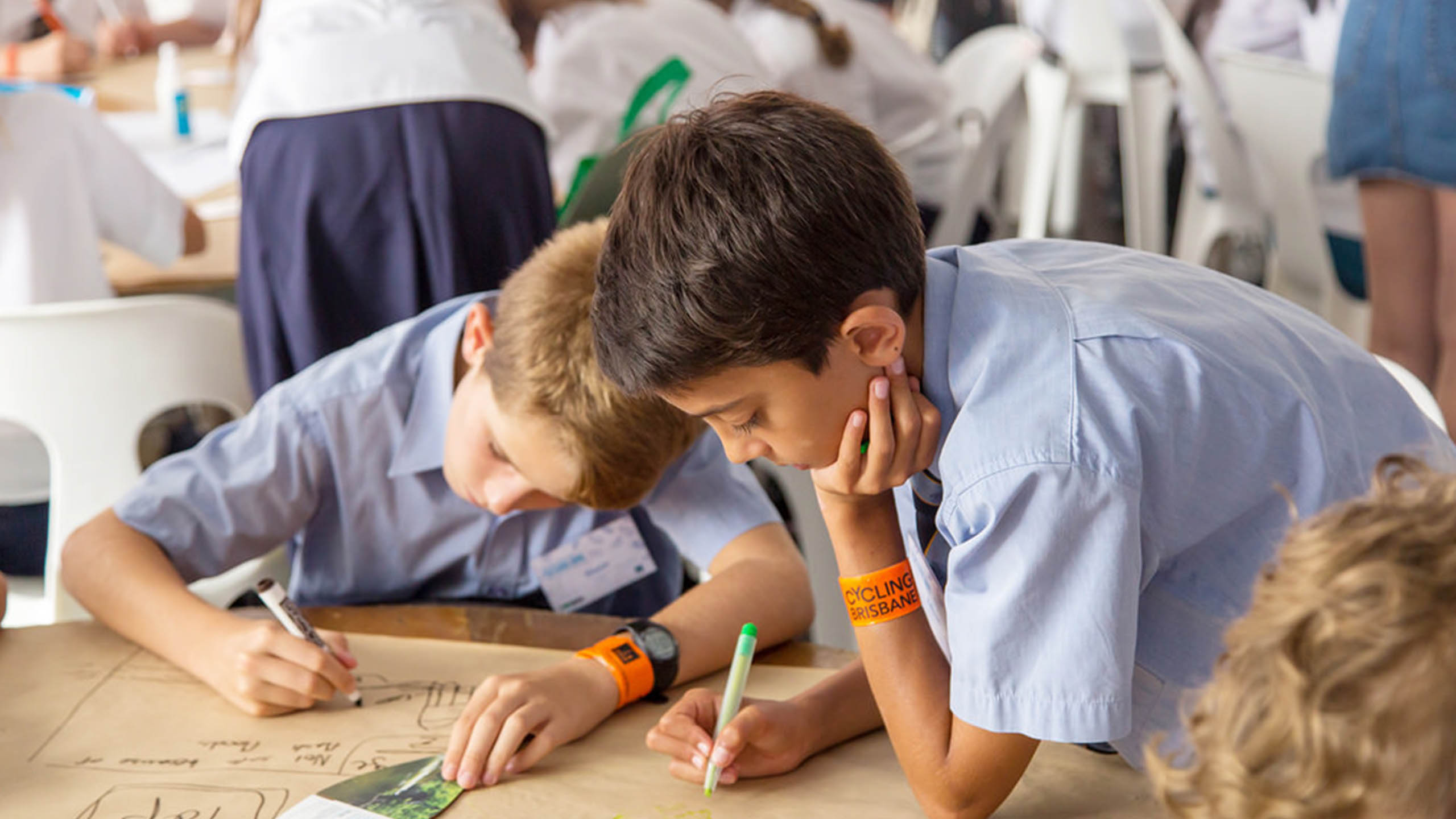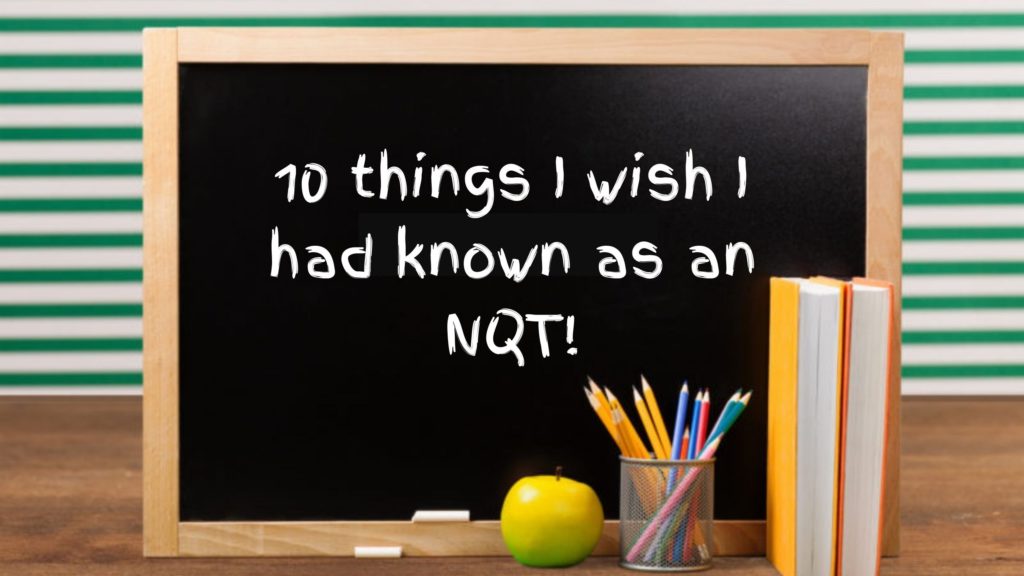What is the point of school?

We are teaching and supporting learning in a world where young people are heavily influenced by not only music, but YouTube vloggers and other forms of online content that is often shared, like wild fire, on WhatsApp. In our busy work schedule, how do we know what’s trending amongst the youth. How can we give a platform to the positive and redeem the negative?
This is a youth mentors’ response to poet Prince Ea.
A YouTube Video called ‘What is school for’ went viral in 2018 and todate it has 1.5 million likes. It’s one of many YouTube videos from entrepreneur filmmaker, turned poet, turned personal development expert, speaker and online marketer, Prince Ea. This creative eight-minute online content has caught the attention of students across the world.
In this poetical performance Prince Ea reflects on his experience at school, (he is clearly not happy) and states;
“I didn’t know how to do my own taxes, purchase a home or apply for a loan, I didn’t know a thing about investments, building credit or getting a job.”
To education systems all over the world he recommends, “If schools were really interested in personal and academic success, students would wake up later have more freedom and homework a lot less.”
Am I concerned about the impact of this video? Absolutely!
Whilst parents and their children nod with conviction in agreement with Prince Ea, many missed the danger of this video. And the danger? If listened to by a young person already demotivated and disillusioned by schooling and the education system, they could internalise Prince’s poem and have an excuse not to try.

Working directly with young people on a day to day basis, mentors like myself see the ripple effect of such amazing YouTube content (excuse my sarcasm; I am sure Prince Ea’s initial intention was to motivate others and inspire positive change). You see, the ripple effect we see is not so amazing and not so positive.
For we see demotivated students ready and waiting to quote to a teacher or parent ‘Price Ea said it’s been scientifically proven that school does not help people’, or why should I ‘buy in’ to a system that ‘is disruptive and suffocating to one’s true self and creativity.
Many teaching professionals will also see the impact of this YouTube masterpiece for some students in year 10 or 11, who are struggling to improve their attainment levels and often say “I don’t c da pwont in bodering dough Miz Grayum.”
After all, if they fail at school, they have college or an apprenticeship to go to, ‘right’. A fresh start in life, right. Away from the control and pointless years of primary and secondary school, where they learnt… nothing…right.
“…let us not underestimate the power of YouTube, SnapChat, Instagram and Google; the new teachers of our future generation of leaders and innovators.”
Now, I am a mentor by nature (not only by career choice) so I can see an opportunity here. A powerfully perfect (or perfectly powerful, depending on what type of poet you are) opportunity for us all; teachers, learning support and leadership teams alike, to remember each day, in every lesson, to do as we professional mentors’ practice in our daily roles in supporting young people’s learning, progression and or behaviour.
That is to continually link the real world of life and work, the ups and the downs, the joys, the pains and disappointments to geography, science, religious education, English, art, maths, computer science…as you know the list goes on.
Whether in a project based or traditional curriculum environment, the school experience teaches young people; how to analyse information, structure arguments, critically assess everything, analyse data, practice problem solving, understand teamwork, disseminate findings, sharpen communication skills and gain skills in judging the outcome of situations. In a safe environment!
And for those studying for their GCSE’s, via the practice of revision, they also have the opportunity to develop key characteristics such as commitment, diligence, perseverance, persistence, organisation, collaboration and time management.







Responses